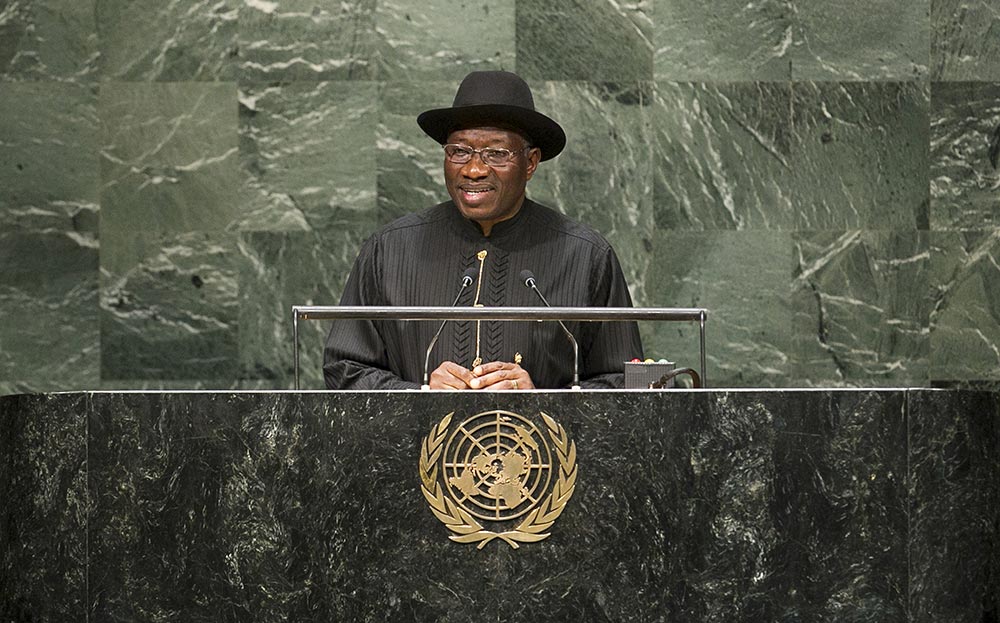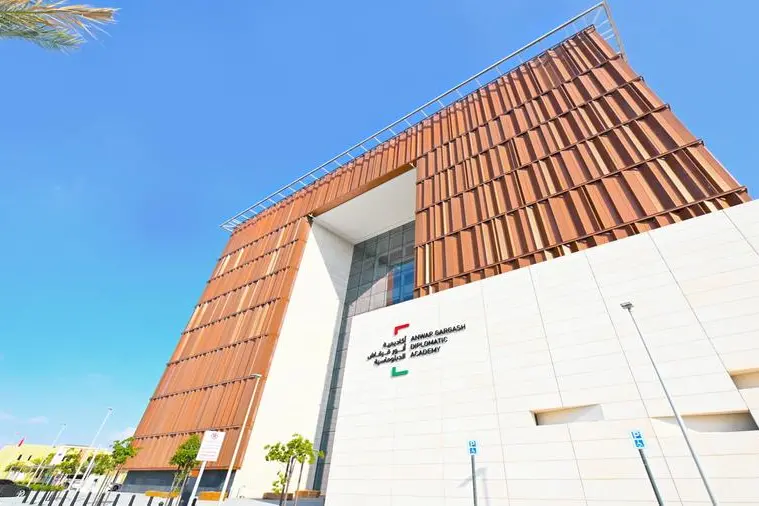The African Union Commission (AUC), Regional Economic Communities (RECs) and Regional Mechanisms (RMs) finalised and subsequently launched in June 2015 the African Standby Capacity (ASC) roster which marked an important milestone as it paved way for the AU, RECs and RMs to populate the roster with the required civilian capacities for Peace Support Operations. Additionally, the AUC has provided technical assistance and capacity building to the regional Rostering Focal Points to ensure effective and efficient functioning of the roster.
As part of related efforts at REC level the AUC, in collaboration with the African Centre for the Constructive Resolution of Dispute/Training for Peace Programme (ACCORD/TfP), met with the Economic Community of West African States (ECOWAS) Civilian Planning Element from 9-11 March 2016 in Abuja, Nigeria in pursuance of the continued capacity building agenda for the ASC by the AU Peace Support Operations Division (PSOD). This was a coordination and training meeting to provide technical assistance through coaching and mentoring.
In light of the above, this targeted, close coordination and cooperation between the AU and the RECs, in this case ECOWAS, is important for the operational development of the African Standby Force (ASF). Therefore, from a civilian perspective, the roster as a key aspect of the civilian capacities needs to be operational and this means having the required capacity readily trained and available for deployment, should a mission be mandated. As such, great collaborative effort is required by all stakeholders to achieve this desired end state. Additionally, as part of the ASC coordination, coaching and mentoring efforts, the AUC will carry out partner supported regular visits to the RECs and RMs to coordinate this continued capacity development.
The visit aimed to: a) review progress in ECOWAS’s efforts in populating the roster, (b) identify and discuss ECOWAS’s challenges in populating the roster and offer and or provide solutions to the challenges encountered during implementation and (c) provide technical support on the usage of ASC tools, especially the database and human resources management tools. Additionally the AUC had the opportunity to update ECOWAS senior management on the status of the ASC roster and the role of ECOWAS therein. The visit also established the need for there to be inter-regional rostering and training officers’ collaboration and coordination in order to share experiences and resolve challenges through lessons learnt and best practices.
This support to the AUC/REC/RM rostering initiative is in line with the TfP Programme’s strategic goal of supporting efforts on strengthening the AU/UN/RECs/RMs capacity and capability to plan, manage and implement peace support operations on the continent through the development of the Africa Standby Force (ASF). This initiative also seeks to contribute to improved and sustainable capacity for peace operations on the continent, through ensuring effective functioning of organisational systems in the RECs/RMs.
ACCORD/TfP was represented by Brig. Gen. James Machakaire, Coordinator – Peacekeeping Unit and Ms Barbara Mohale, Programme Officer – Peacekeeping Unit.
The Training for Peace Programme at ACCORD is an initiative funded by the Norwegian Ministry of Foreign Affairs.








